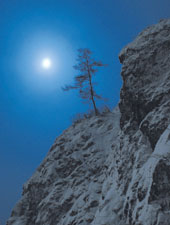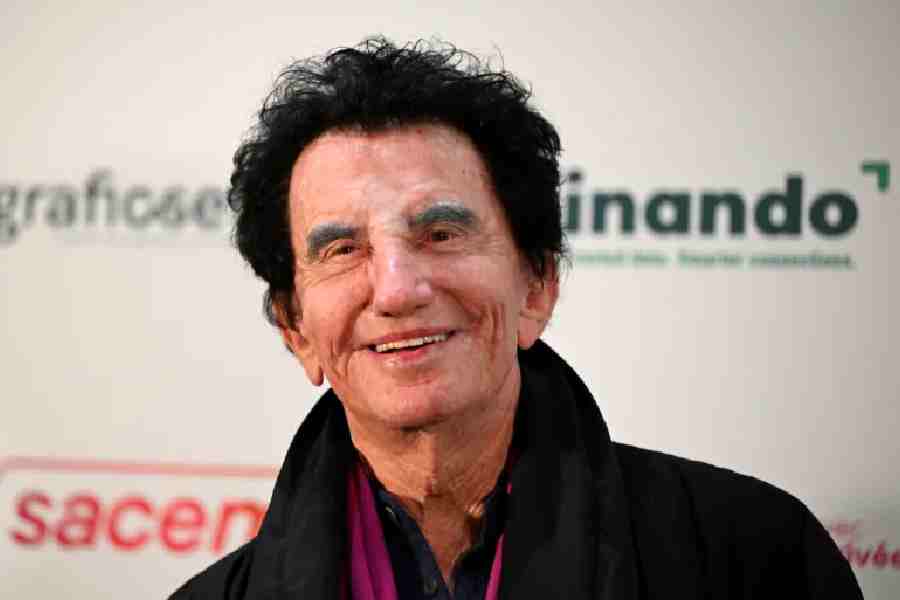 |
| Quick-fix pills: Psychiatrists are overestimating the poof depression. |
Abdul Rashid rises with the moon, yawns, munches on a bar of chocolate and emerges from Ilayas, a cave below Indrahaar Pass in Himachal Pradesh, in which he had slept all through the day. He waits for a moment to allow his eyes to get used to the darkness before beginning his uphill climb. A trekking guide for 11 years, Rashid enjoys moonlight walking when hiking solo. “The pros call it night trekking, but I prefer to call it moonlight walking,” he says. “It’s much more romantic, and goes well with that pale radiance.”
Night trekking, perhaps, has its origin in hikers abandoning rest for a night or two trying to make up for lost time, be it due to bad weather or losing one’s way during the day. The trend caught on with the likes of Rashid, a Ladakhi who was born 30 years ago in the remote village of Tiger in the Nubra valley of Ladakh. “I fell in love with the concept of walking at night and any walk is a trek for me,” he recalls.
Whatever the reason, it’s easy to see why many others who enjoy a hike in the hills are today seeing this age-old sport in a new light. Far from the neon signs that sour the city skyline, when the sun dips, the moon seems startlingly bright, especially two days before a full moon. There is enough light to cast sharp shadows of rocks and the hikers and, illuminate the trail ahead.
Trekking at night, vouches 25-year-old Mrinmay Mondal, is a whole new experience. He completed the four-day Sandakphu trek by moonlight for the first time some weeks ago. “I’ve done that route several times before but everything seemed so surreal this time,” Mondal says. “The air is so much more crisp and there are so many scents to take in; so many sounds ? though thankfully not of leopards or bears ? that we never hear during the day, not to mention the thrill of identifying constellations.”
The best time to begin a lunar caper, says Rashid, is two days before the full moon. Though there is a sliver missing from the silver disc at that time, astronomers say the radiation is only around three per cent less than on a full-moon night. The light remains at its brightest for around two days after the full moon. Though the chances of running into a wild animal are slim, those who have trekked at night say that it helps to set out in a group, especially on a lunar caper, just to make sure that your jaunt is not ruined.
Says Rashid, “Animals are not the only problem. Our minds and eyes often play tricks on us at night and the mountains are not the best place for that to happen. Remember, there is strength in numbers; and if you are alone, never forget to strap your head torch, even if you do not use it.”
There isn’t too much that a moonlight walker needs to worry about, though. After all, it is the same sport, only done at a different hour. As Mondal puts it, “It’s a whole new feel with the same old equipment.” Almost any place away from the city ? deserts, coasts and hills, though not a national park ? at any time of year is ideal for a full-moon walk. And anyone can do it, as long they have a basic level of fitness, don’t have a problem with sleeping through the day or meeting a vampire or werewolf on the trail, at night.
on the trail
• Choose a route without a dense tree cover. The real joy of night trekking is to walk under an open sky.
• Choose your camp site wisely. Tents can get really hot during the day. Most trekkers suggest that you unroll the mattress under a shaded area, or find a cave, instead of pitching tent.
• At lower altitudes, always check under stones or rotting wood before turning in for the day. There may be scorpions or snakes.
• Use sturdy shoes. On a clear night, the moon is bright enough to illuminate the trail and larger rocks, but not the smaller ones and tent pegs on which you could stub your toe.
• It is advisable to stop short of villages. Dogs that are trekker-friendly during the day may not be so at night.











